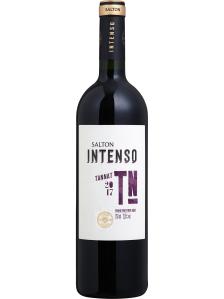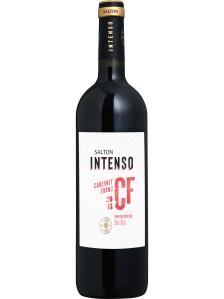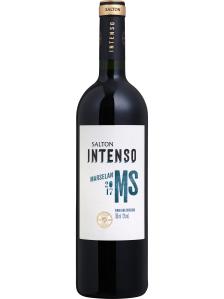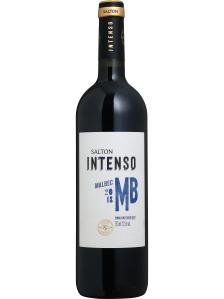Campanha is Brazil's most southerly wine-producing region, located along the country's border with Uruguay. While not quite as well known as the neighboring region of Serra Gaucha, Campanha – sometimes known as Fronteira – is beginning to attract attention for the quality of its wines. Soft, fruit-driven reds and rustic, full-bodied whites are made here from grape varieties such as Cabernet Sauvignon, Tannat and Chardonnay.
The viticultural zone of Campanha lies some 180 miles (290km) south-west of the city of Porto Alegre, the capital of Rio Grande do Sul. Beginning roughly from the city of Bagé, Campanha covers a thin strip of land that stretches along the Uruguayan border for around 210 miles (338km) to the border with Argentina in the west. In practice, most viticulture is found around the communes of Santana do Livramento in the center of the region and Pinheiro Machado at the eastern end.
The terrain of Campanha consists of low, rolling hills and flatlands known as pampas in this part of the world. The area has a relatively temperate climate given its low latitude of 30°S, which it shares with the northern Sahara Desert. However, altitudes between 650ft and 1000ft (200-300m) above sea level result in long, sunny days which are followed by cooler evenings, particularly in the higher elevations. This diurnal temperature variation, while not as pronounced as in the famously high-altitude vineyards of Argentina's Mendoza region, is enough to extend the ripening period, which leads to a balance of flavor and acidity in the grapes. Campanha has a drier climate than Serra Gaucha, although its average of around 33.5 inches (850mm) of rain a year is still relatively high by viticultural standards.
Campanha's sandy soils are made up of granite and limestone and have a lack of fertility that is not often associated with the South American Pampas. As a result, they are well suited to viticulture, as the stressed vines are forced to forgo leafy foliage growth to focus their energy into the production of high-quality grapes. The free-draining nature of these soils is vital in ensuring that the vines are not swamped with water during periods of rainfall, but enough water is stored in the lower reaches of the ground that irrigation is not necessary during the growing season.
Viticulture in Campanha has grown in the past decade as winegrowers have looked to cheaper and more forgiving landscapes in Rio Grande do Sul than the mountain slopes of Serra Gaucho. The sizable Miolo Wine Group – whose consultant winemaker, Michel Rolland, has viticultural interests throughout South America – has a significant presence in the region.





